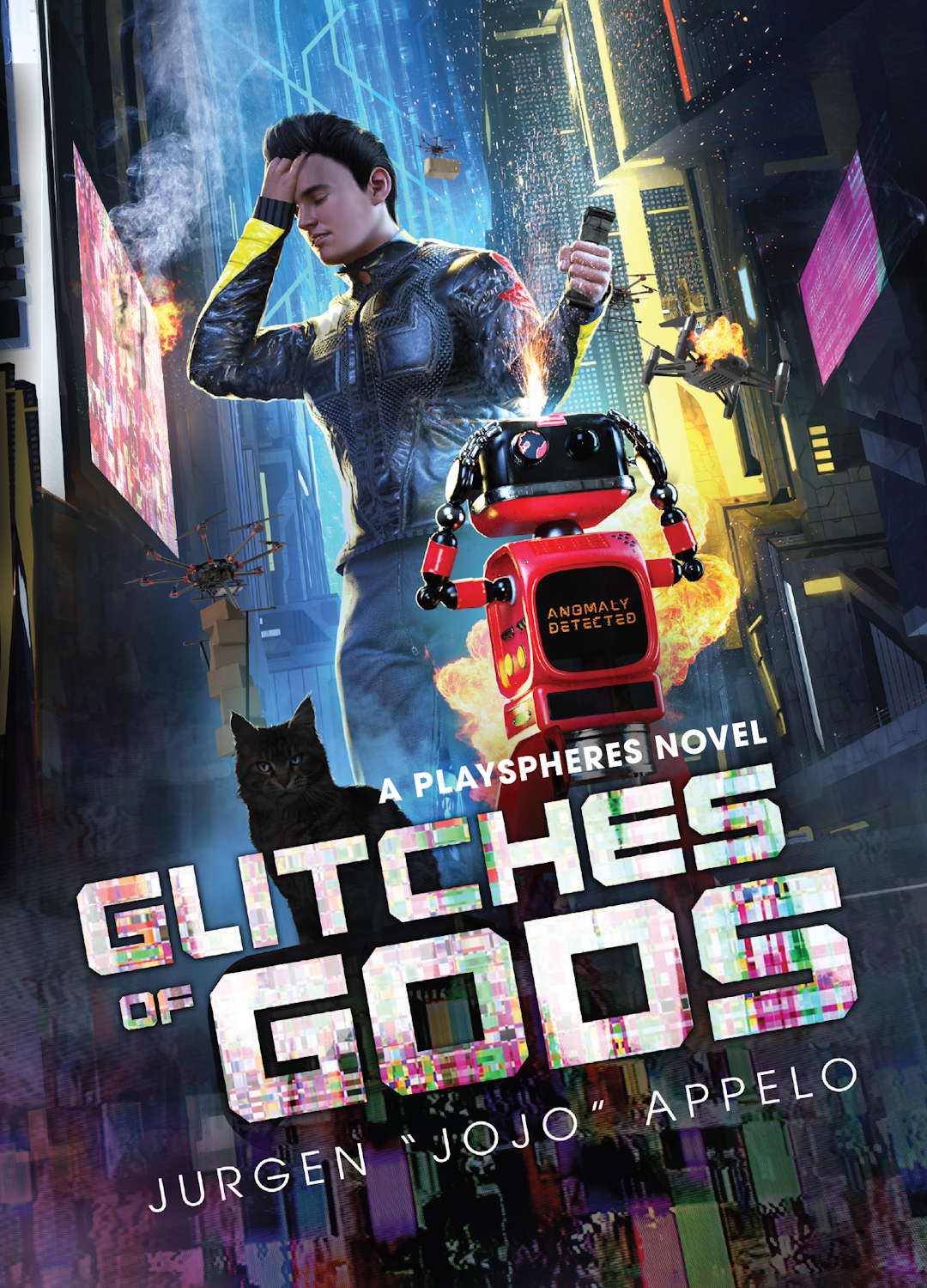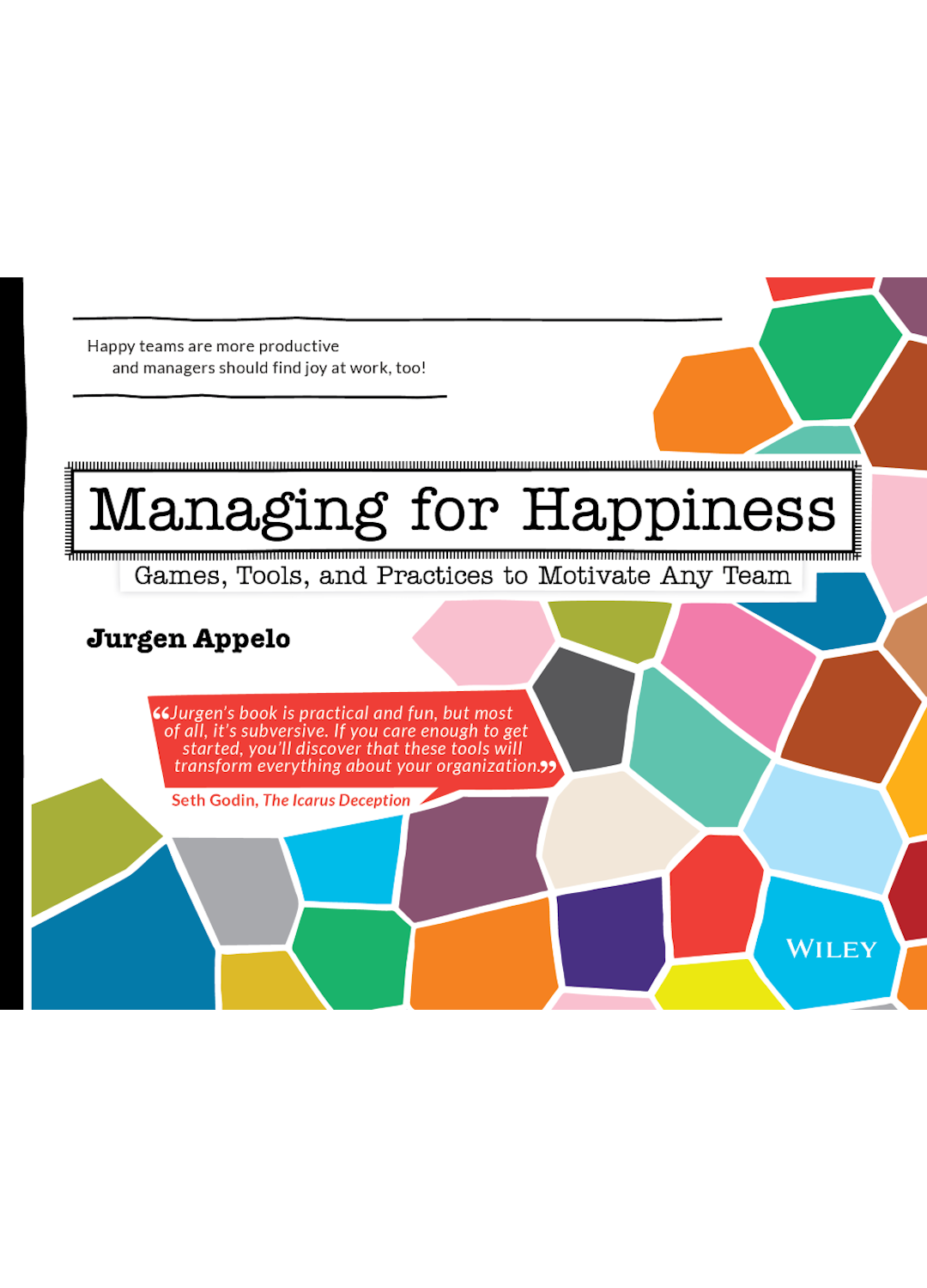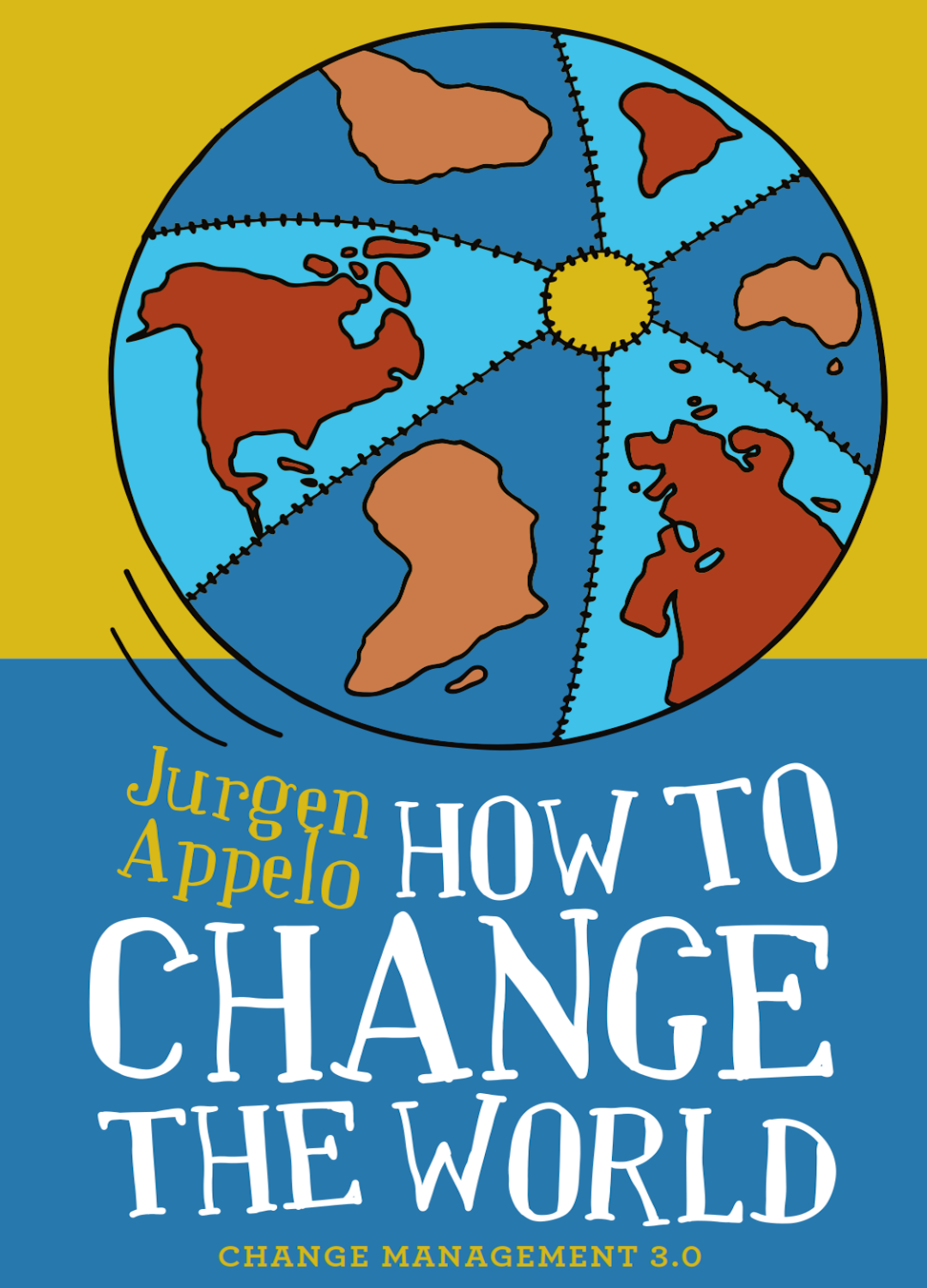I'd like you to read the following sentence and consider the follow-up question:
"When Chris offered Sam a drink, they dropped the glass."
Question: Who dropped the glass?
If you are like me and, I assume, 99% of the rest of the world, your brain probably assumes that both Chris and Sam dropped the glass. Okay, good.
But what if I told you that Chris identifies as a man, but Sam is a polygender person who prefers the pronouns "they/them?" Ah! Now we have two possibilities: either Chris and Sam both dropped the glass (plural "they"), or it was only Sam who dropped the glass (singular "they").
And what if I told you that Chris does not identify as a man but as agender, also using they/them as their pronouns? Oh, no! Now we have three possible interpretations of the same sentence: Chris dropped the glass (singular "they"), Sam dropped the glass (singular "they"), or they both dropped the glass (plural "they").
I'm afraid this confusion is not purely hypothetical.
The three most recent books I read each had one or more genderqueer / nonbinary characters in their stories. As a member of the LGBTQ+ community, I can only say, "Yay, good for them!" The authors get no complaints from me on this point. However, with each of these books, there were moments when my brain struggled to make sense of what I was reading—because of the use of the singular "they." Several times, my eyes had to backtrack a few sentences, or even a whole paragraph, to reinterpret something as singular where my brain had assumed plural (or vice versa).
For example:
"When Lee came around the corner with a friend, they slipped and fell."
My brain sees two people tumbling, but a few sentences later, it appears only Lee slipped and fell. I misinterpreted the singular "they" as a plural "they."
"The neighbors began shouting as Lee raised their weapon. Then, they ran away."
Getting used to the idea that Lee is genderqueer, my brain sees Lee (singular "they") running away, but in the next paragraph, I find it was the neighbors (plural "they") running away.
Now, don't get me wrong. I understand that singular "they" has been part of the English language for 600 years (going back to the Middle English of the 14th century). No argument from me there, either. However, for most of those 600 years, the construct was used in non-ambiguous contexts like these:
"Every one must judge according to their own feelings." (Lord Byron)
"And every one to rest themselves..." (William Shakespeare)
"Who is in love with her? Who makes you their confidant?" (Jane Austen)
There's nothing ambiguous about sentences like the ones above. Jane Austen's work is full of them. But Austen wrote classic men/women love stories with—sadly—no genderqueer or nonbinary persons in sight. In this "traditional" use of the singular "they," it is applied in the same manner as "he or she" and "this or that person"; in other words, unidentified people or unknown genders.
However, only recently has the singular "they" been coopted as the preferred pronoun for people who don't identify as either man or woman. This is no longer about unidentified people or genders but identified genders that don't fit the current narrow taxonomy. Again, I say, "Yay! Good for them." However, this new usage of singular "they" poses a problem for writers and readers alike as the floodgates of ambiguity have been flung wide open.
As writers, we read our work aloud and have it read back to us by text-to-speech tools to catch all the different ways the text doesn't flow or sounds confusing. As if this wasn't already hard enough, we now need to check that our sentences and paragraphs are not too easily misinterpreted when we use the singular "they." The last thing we want is to throw our readers out of the story, and, in my opinion, the most recent novels on my bookshelf failed at that. I don't blame the authors; I blame the singular "they."
Of course, there is a way around this. We can use ey/em, xe/xem, ve/ver, or whatever pronouns our characters prefer. For example, another sci-fi book I recently finished consistently used "zie" and "hir" for one of its characters. I must admit, as a reader, it took me some getting used to—my brain can be just as conservative as anyone else's—but at least I never struggled with ambiguous sentences.
I'll be honest with you. I have it easy. One of the characters in my novel identifies as nonbinary/genderfluid, but, contrary to the norm, she still prefers the pronouns she/her. I love her for that stubbornness, resisting the consensus of they/them pronouns. However, I suspect she also does this out of pity with me, her writer. My work is challenging enough as it is.
















